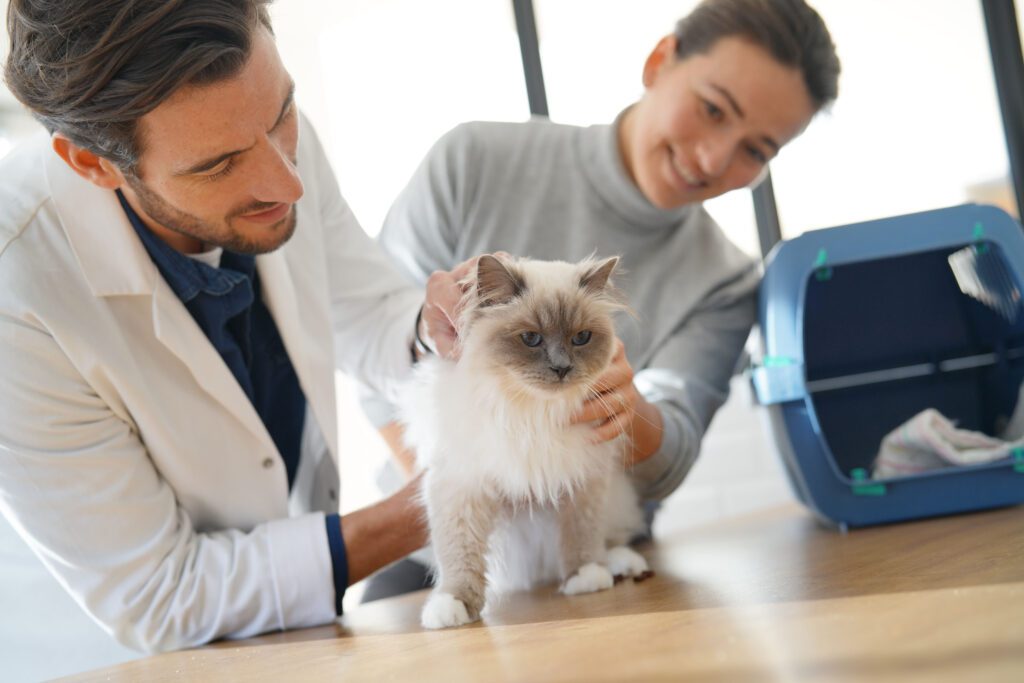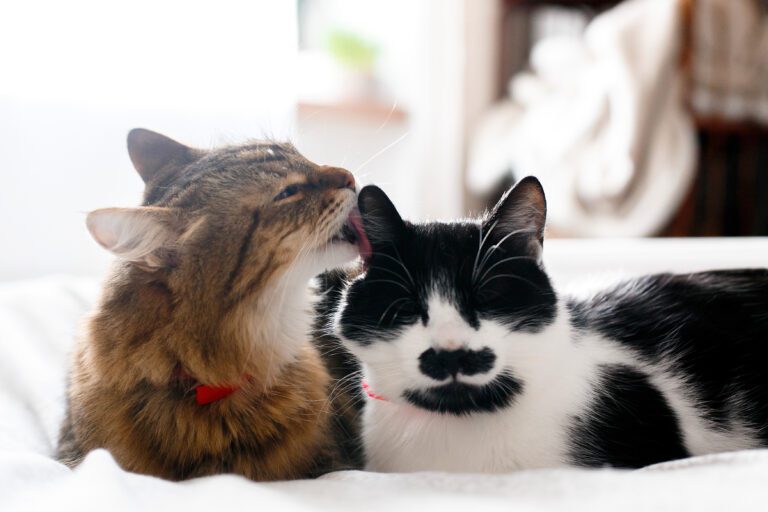Pets are cherished members of our families, and their well-being is of utmost importance. Just like humans, pets can face unexpected health issues or accidents that may require medical attention. To safeguard their health and provide financial security, pet insurance has become increasingly popular. In this blog post, we will explore what pet insurance will usually cover, enabling you to make informed decisions about the best coverage for your furry friend.
1. Vet Care
The primary purpose of pet insurance is to cover veterinary expenses. Depending on the plan you choose, pet insurance typically covers the cost of consultations, examinations, diagnostic tests, and treatments for accidents or illnesses. This can include X-rays, blood tests, surgeries, hospitalization, prescription medications, and emergency care.
2. Accidents & Injuries
Pet insurance commonly covers accidents and injuries that may occur unexpectedly. Whether it’s a broken bone from a fall or a laceration from an encounter with another animal, pet insurance can help cover the costs of necessary medical treatment, including surgeries, medications, and follow-up care.

3. Illnesses & Chronic Conditions
Pets, like humans, can develop various illnesses and chronic conditions throughout their lives. Pet insurance can provide coverage for these conditions, which may include but are not limited to allergies, cancer, diabetes, arthritis, urinary tract infections, and respiratory infections. Depending on the policy, it may also cover long-term management and ongoing treatments required for chronic conditions.
4. Hereditary & Congenital Conditions
Certain breeds of pets are prone to hereditary and congenital conditions. Pet insurance plans often cover the diagnosis and treatment of these conditions, which may include heart defects, hip dysplasia, and other genetic disorders. However, it’s essential to review the policy’s terms and conditions, as some pre-existing conditions may not be covered.
5. Wellness & Preventive Care
While not all pet insurance plans include wellness coverage, some policies offer optional add-ons or wellness plans. These plans typically cover routine preventive care expenses, such as vaccinations, annual check-ups, dental cleanings, flea and tick prevention, and routine blood tests. Including wellness coverage in your policy can help manage the costs of routine care and ensure your pet’s overall health.
6. Alternative Therapies
As alternative therapies gain popularity in veterinary medicine, some pet insurance plans may cover treatments such as acupuncture, chiropractic care, physical therapy, and holistic medicine. These therapies can be beneficial for pets with chronic pain or mobility issues.

7. Boarding & Kennel Fees
In situations where you, as the pet owner, are unable to care for your furry friend due to hospitalization or other unforeseen circumstances, some pet insurance policies may cover boarding or kennel fees.
Pet insurance provides peace of mind and financial protection against unexpected veterinary expenses. While coverage varies depending on the policy, most pet insurance plans cover accidents, illnesses, hereditary conditions, and even wellness and preventive care. Remember to carefully review policy terms, exclusions, deductibles, and premiums to make an informed decision that safeguards your beloved pet’s health and well-being.






